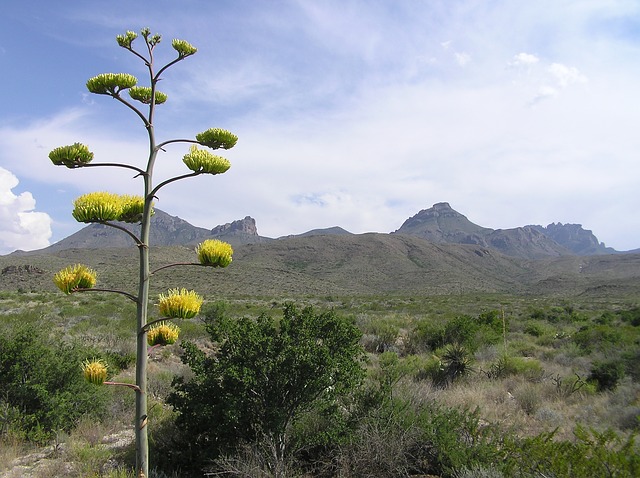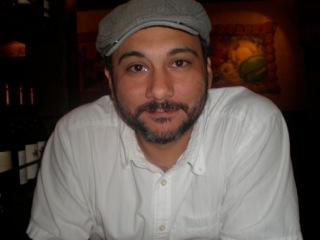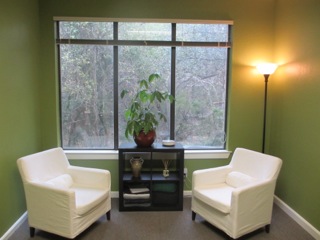USA - Texas
USA - TexasTexas Association for Contextual Behavioral Science

Affiliated 2012
Visit our chapter website at www.texasacbs.com
Contact Information
Mission/Objectives
The purpose of the organization shall be to foster the development of functional contextual cognitive and behavioral science and practice within the state of Texas, so as to alleviate human suffering and advance human well being.
Possible Chapter Activities
Peer supervision groups, study groups, workshops and professional trainings, social networking events, and Facebook group.
Description of Membership
Members of the association shall be persons who are interested in the advancement of functional contextual science and practice. The types of memberships shall be professional, student, and affiliate.
News
NewsThis section contains news and updates from the Texas Chapter of ACBS. To view a news item, click on the links listed below.
Austin Mindfulness Center blends ACT and yoga in values-driven organization
Austin Mindfulness Center blends ACT and yoga in values-driven organizationNovember 2012
“I like to think of our center as kind of an ACT incubator,” explains Jiovann Carrasco, founder of the Austin Mindfulness Center and President of the recently formed Texas ACBS chapter. The Austin Mindfulness Center offers a wide range of services which incorporate Acceptance and Commitment Therapy (ACT), yoga, meditation, and self-compassion practices. In this interview with ACBS, Jiovann (pictured below) tells the story of how the Austin Mindfulness Center got started, and explains how ACT informs this values-driven organization.

Doug: It looks like you’ve assembled quite the team of counselors and yoga instructors. How did you get started creating a wellness center with this blend of expertise?
Jiovann: It actually started with the idea of creating a space for my interns to see private clients. At first they were just sharing my office when I wasn't there and also they were not all doing ACT. Then that got too crowded and I needed a separate office for my interns to use so we moved next door where we had more space. That was a little over a year ago. I had been learning ACT and my supervision was looking more and more ACT-specific, so I started only accepting interns who were wanting to learn ACT. From there we decided to offer groups and workshops, but we needed yet a larger space to provide these services, so we moved downstairs this Summer where we now have a group room, the Avocado Room as we call it. It's green. That's when I took on two more yoga instructors, one who specializes in trauma-sensitive yoga and another one from the Phoenix Rising school of yoga therapy. I think it blends well with our wellness philosophy. So it has just evolved from sort of a non-specific, run of the mill counseling center into a community resource for mindfulness-based wellness.
Doug: Your center appears to be busy with all kinds of groups, workshops, and therapy services. Which of your services have been most popular? What are your plans for the future?
Jiovann: Our bread and butter has always been individual counseling. We try to have a workshop once a month. We just did a mindful eating workshop last weekend and next month two of my graduate interns, a husband and wife team, are leading a Baby-Proof Your Relationship workshop for expectant and first year parents. They'll be using some of Russ Harris' stuff. Groups have been challenging to get started, to be honest, and we haven't really been too successful with them. Although we haven't given up, we are going to be trying something new in January. We are now putting together some workbook-based classes. I'm thinking Mindfulness Based Stress Reduction Workbook, Non-Violent Communication, and of course Get Our of Your Mind. A lot of people who come to our website are not looking for therapy, but they are interested in learning mindfulness. So we thought this would be a good way to reach this crowd. We also have free mindfulness meditation every Saturday at 9:00 a.m. and I have plans to throw that up on the web as a live stream for anyone to join in wherever they are. In fact, I'd like to create an online community to support people in their mindfulness practice.

Doug: How does ACT inform your work? Do you draw from other therapies as well?
Jiovann: I like to think of our center as kind of an ACT incubator. I've modeled my supervision after Jason Luoma's role play-based peer consultation model, which I learned about at WC10. Loved that workshop! And also Robyn Walser's ACT supervision workshop. All of my interns are learning and doing ACT and we try very diligently to keep it ACT consistent. We joke about having a "CBT Jar" and anytime there's even a hint of cognitive restructuring you have to drop in a quarter. Proceeds will fund our ever-growing ACT library. I don't even accept interns who are not specifically asking for ACT training. ACT Made Simple is required reading, and then we utilize anything else we can get our hands on like videos and podcasts. There are not a lot of ACT trainings here, surprisingly, which is why I decided to organize a state chapter. We're starting an online book club to reach out to more folks who are showing interest in ACT as well.
Doug: What challenges have you faced in building your center?
Jiovann: I feel pretty lucky. Each year we've needed more space and it just so happens that an adjacent office suite becomes available when we need it. Ask and you shall receive, I guess. I think our name is attractive to lots of new therapists, so it hasn't been difficult getting it staffed. I get to be pretty picky. I guess that's a challenge.
Doug: Do you have any advice for people in other cities who might want to create a similar center?
Jiovann: Be creative and hire good people. I learn a lot from the folks I employ and they have a good deal of input into how we do things, what we provide. This wasn't planned out, you know. It just kind of shaped itself around our passions. It's values-driven. Is there such a thing as an ACT-based business? If I've learned anything about ACT, it's that it isn't just what you do, in session for example, it's how you do it as a therapist. So even at the organizational level, this has to be the case, too, right?
Texas Chapter Information
Texas Chapter InformationTexas Association for Contextual Behavioral Science
Affiliated 2012
Type of Chapter:
State/Province
Describe the geographic boundaries of the Chapter:
The great state of Texas.
Mission/Objectives:
The purpose of the organization shall be to foster the development of functional contextual cognitive and behavioral science and practice within the state of Texas, so as to alleviate human suffering and advance human well being.
Description of Membership:
Members of the association shall be persons who are interested in the advancement of functional contextual science and practice. The types of memberships shall be professional, student, and affiliate.